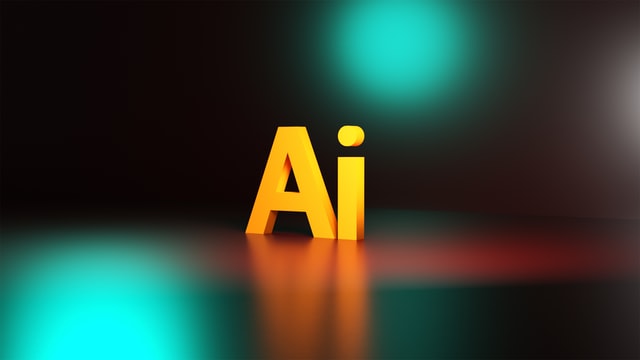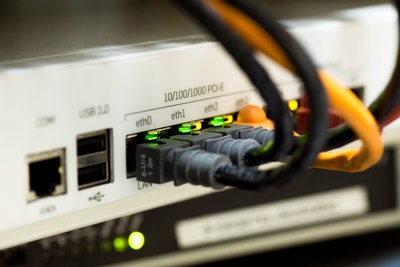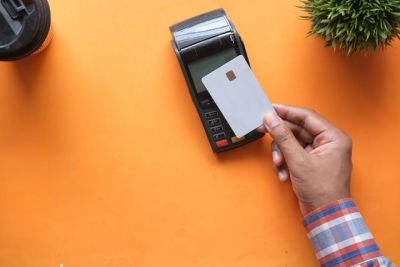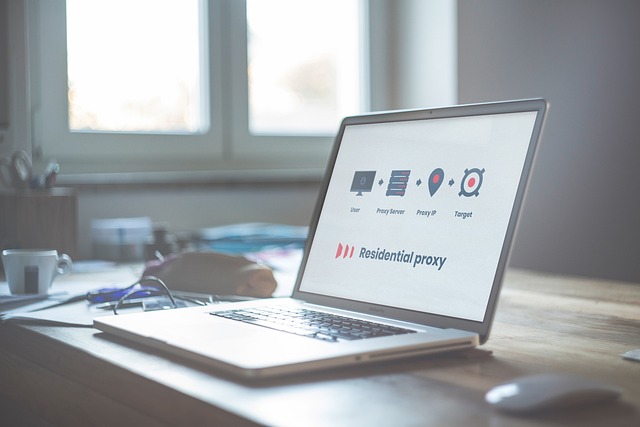Here’s How Blockchain Will Change The Future Of Tech
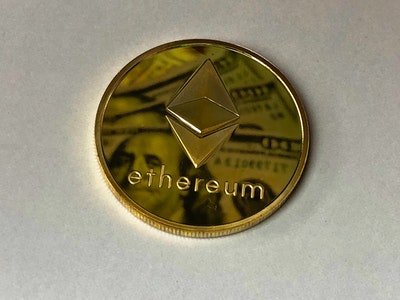
Blockchain has already revolutionized the world we live in by acting as the transactional base of almost all cryptocurrencies.
The concept of a decentralized digital ledger has been a refreshing alternative to the traditional banking model.
Here’s how it will change the future of tech into 2022 and beyond.
Increasing Security And Efficiency Within Supply Chains
Supply chains are highly vulnerable to fraud, repeat errors and delays. One minor supply chain issue repeating time and time again can have a huge impact on customer experience and ratings.
Yet many private blockchain companies have developed their tech to improve the inner transactions for businesses and supply chains.
Private blockchain is a blockchain with restricted access, allowing businesses to operate securely in the knowledge no one external can see their transactions.
Blockchain technology is used to create an entirely digital version of a product, with technology picking up transactions and the location of that product in the real world.
The blockchain technology allows you to track where the product has been and what has happened to it. The concept allows for granular feedback on items to improve supply chain performance and security within supply chains.
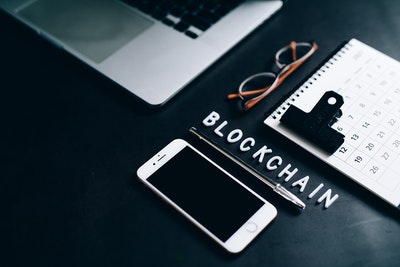
Blockchain And The Metaverse
Blockchain will be the digital banking foundation of the metaverse. The metaverse is the concept of a series of virtual spaces, interactions and transactions that take place in the digital world.
The concept of things like non-fungible tokens (NFT) is the first development of unique items in the metaverse.
Blockchain is already the foundation for NFT and cryptocurrency transactions, so it is only logical that it will develop into the new banking system for the digital world.
Improved Banking Speed And Security
The decentralized and digital aspects of blockchain are what makes it so hard to hack or manipulate. It’s logical that traditional banking systems might start to move towards the blockchain model.
Blockchain also takes the idea of trading hours out of the equation, which is a huge limitation of our current banking model. Blockchain technology can allow for transactions and processing to continue 24/7.
While expanding the trading hours it can also offer increased security compared with traditional banking systems.
Your Own Digital ID
Blockchain barcodes, non-fungible tokens, and cryptocurrencies are already examples of unique digital items. But blockchain can also create a truly digital identity, unique to you and protected from hackers and potential manipulation.
NFTs have an individual data code string that makes them each unique, and by applying your own digital ID in the same way, you can exist in the metaverse and also have an identity that is incredibly difficult to hack and defraud.
Facilitating The Widespread Use of Cryptocurrency
Blockchain is the transactional bedrock for cryptocurrency. While things like cryptocurrency mining are extremely high in energy and therefore difficult to emulate, blockchain offers increasingly better ways to widely use crypto in a sustainable way.
One example is blockchain lattice technology, which creates a send and receives block unique to the user. The user has control over their own chain and this takes out the need for mining entirely.

Improved Healthcare
Current healthcare relies on a series of appointments, opinions and different treatments from doctors. Each new consultant will need to read your file, interpret symptoms and work on a treatment plan.
With blockchain allowing you to hold a digital and decentralized record, your doctor could quickly and easily interpret your health without you having to start from scratch with each new consultant.
Purchasing A House
The verification process for buying a house can take a huge amount of time and is one of the biggest blockers to homeownership worldwide.
Blockchain’s decentralized record could allow for quicker verification processing, with your own digital identity saving you days in the house buying purchase, whether that’s during your mortgage application or the exchange process.
Blockchain can limit the house buying process to minutes rather than months.
The mortgage application process worldwide is still largely bureaucratic and involves lots of paperwork, which is another aspect that blockchain can reduce.
Blockchain could limit the paper trail to one digital transaction that is visible from end to end.
Conclusion
Blockchain is far more than just the transactional arm of cryptocurrency. It is the bedrock of digital transactions, visibility across supply chains, and the future of house purchasing, banking and healthcare.
It can keep your details safer, your money moving 24/7 and lengthy financial processing will be more efficient. It’s exciting to see how blockchain technology will make our lives better in 2022 and beyond.

